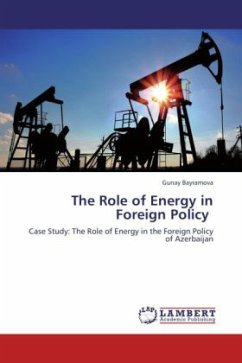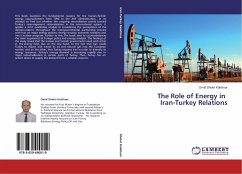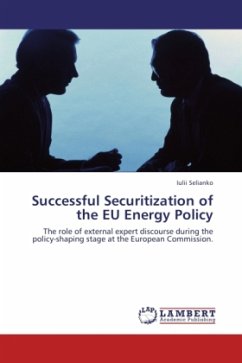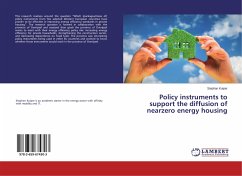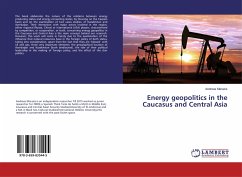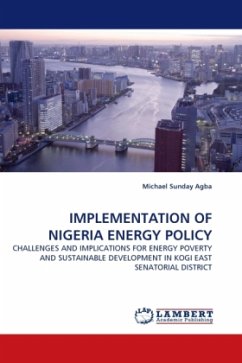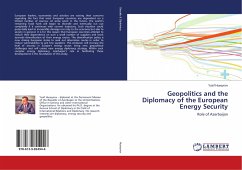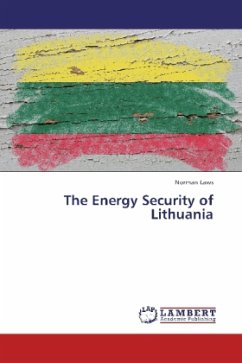The work examines the role of energy in foreign policy, the issue that has recently come to the centre of attention in international politics. The author argues that as a result of reinforced role of energy for development of world economy, scarcity of resources, intense competition among states for them, energy security, defined as assurance of the ability to access energy resources required for the continued development of national power, has started to occupy a particularly important place in foreign policy agenda of governments. Hence, a new international energy order has emerged as a result, where states can be characterized as energy-surplus and energy deficit nations. The thesis applies two main arguments to these two groups of states and researches energy as an inalienable component of national security and its impact on relative power of states in international relations. Following general investigation of the topic with application of various examples, the work goes on to discuss one single case and apply the presented arguments to the foreign policy of energy-rich Azerbaijan.

